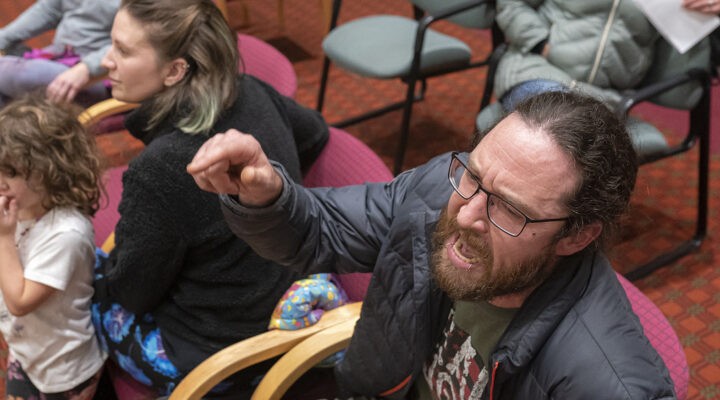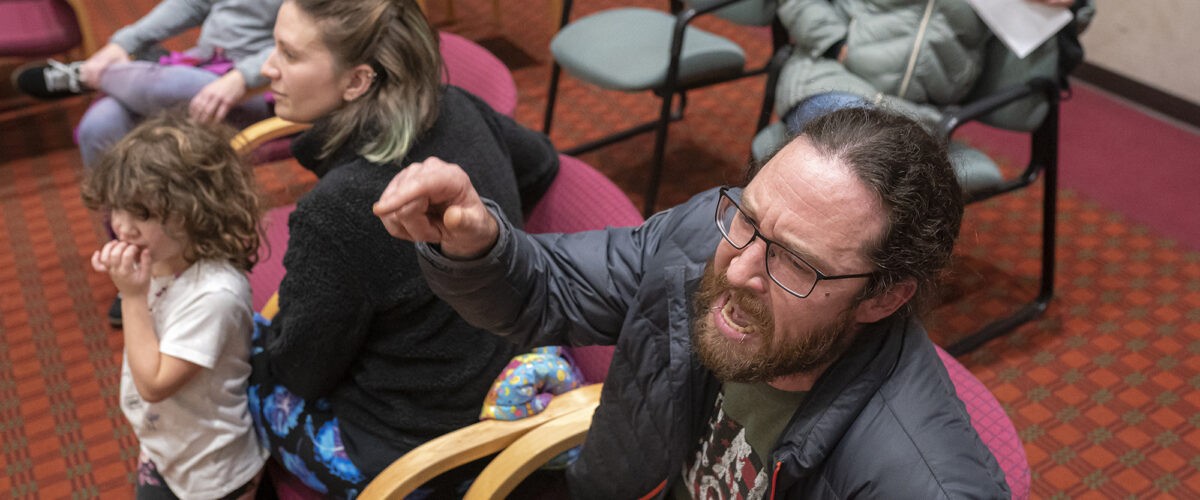Local school board protests targeted at COVID-19 mask mandates, transgender student rights and Critical Race Theory are inspired at least as much by state and national politics as they are by parental concerns about education and student safety, a panel of education experts said during a recent Brookings Institution webinar.
The nature of American school boards — hyper-local bodies directly accessible by the public —makes them “incredible beacons of democracy” but also susceptible to the turbulent winds of national political discord, said panelist Jonathan Collins, assistant professor of education and public affairs at Brown University.
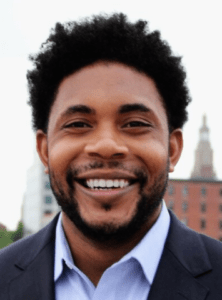
Jonathan Collins
“The end result can be what we are seeing now, which is just this irrational and even violent disagreement” at some school board meetings over national hot-button issues, he said during the Dec. 9 online discussion titled, “From COVID-19 to Culture Wars: The Growing Hostility of Education Politics.”
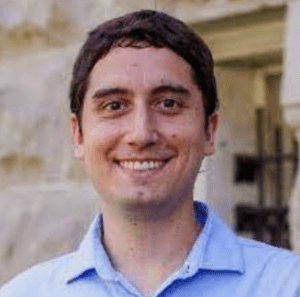
Jon Valant
Collins was joined on the panel by Lauren Camera, senior education writer at U.S. News & World Report, and Martin West, academic dean and professor of education at the Harvard Graduate School of Education. Jon Valant, director of the Brown Center on Education Policy, moderated the discussion.
‘Far from normal’
“I think it’s safe to say that what we’ve been seeing lately is far from normal,” Valant said of the scenes of screaming protesters at school board meetings. “Whether it’s issues related to the pandemic like school reopening and mask mandates, or culture-war issues like Critical Race Theory, the politics of education are generating more heat than they have in a very long time.”
The credit for that goes in part to conservative think tanks and to Republican politicians, Collins said. “I think it’s more about national politics barging into school board agendas.”
Stoking the local flare-ups is a grab for the power to achieve other political goals, including winning elections, he added. “The folks on the right are using this to make the kinds of policy changes they want to make, and you’ll see the policy changes don’t have anything to do with what we’re talking about on the campaign trail.”
“The notion that kids are being taught to hate white people is simply not true.”
If protesters’ concerns were solely about the safety of children or improving education, the conversation would include controlled studies about the effectiveness of vaccines and mask wearing or the fact that Critical Race Theory is a legal theory about the systemic nature of racism and not a teaching practice in public schools, Collins said.
“But that’s not what’s happening. We’re seeing misinformation spread from different corners of the internet and we’re having debates about whether COVID is real or some sort of made-up conspiracy. And that’s the theme that runs through the hot-button issue of Critical Race Theory” which opponents label “as some white-blame, indoctrinating ideology,” he said. “The notion that kids are being taught to hate white people is simply not true.”
The debate instead should be focused on how to implement curriculum that enables people of color to feel empowered whenever they open a public-school textbook or take a new course, Collins said. “But that’s not the debate we’re having. It’s about race wars and making sure we teach white kids not to feel bad about themselves and all of it is rooted in misinformation.”
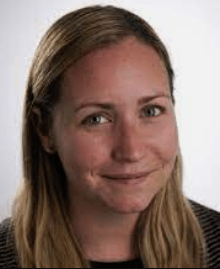
Lauren Camera
That there is often more than parental concern involved in the demonstrations is evident from the fact that some protesters “don’t even have children in the school system,” Camera said. “They all have similar talking points that are coming out of how-to pamphlets funded by groups like Students for Trump or The Club for Growth.”
COVID fueled the crisis
And the coronavirus outbreak has helped create the conditions for the protests, she added. “Almost all the major pressure points you’re seeing in education right now already existed. It’s just that the pandemic poured accelerant on them and lit them on fire.”
Longstanding inequities between well- and under-resourced school districts — and between high- and low-income families — were exposed when schools closed in 2020. Some students had access to remote learning while others didn’t, forcing many educational leaders to struggle to reach their students, feed them and get them connected to the internet.
“Parents and caregivers overnight became teacher aids and proctors. … The mental load and stress for parents has been pretty incredible,” Camera said. “Now layer on top of all of that this national reckoning with systemic racism and inequality spurred by the death of George Floyd and so many others, and the politics of the pandemic — masking, testing, vaccinations — this is intense COVID fatigue.”
The strain has contributed to disagreement among some parents over the topics at the center of the school board protests, she said.
“They either want virtual options or they don’t ever want to do virtual again. They either want schools to mandate masks and vaccinations or they absolutely do not. They want schools to embrace a curriculum that includes more diversity, or they want to ban Critical Race Theory. They want schools to feel safe for all students or perhaps they want to limit the rights of transgender students.”
School board meetings have simply become an easy outlet to express pent-up emotion.
School board meetings have simply become an easy outlet to express pent-up emotion, she said. “So, we’ve reached this critical boiling-over moment and it’s why you’re seeing contentious school board meetings. It’s why politicians are capitalizing on these issues. It’s why political organizations are suddenly pouring more money than they ever have into local races. … You can see how parents are using these meetings to vent all of their frustrations.”
Underneath, old issues remain
But what’s unclear is how the traditional issues most school boards wrestle with are faring amid the culture-war controversies, West said.

Martin West
Polling data from early in the pandemic showed that parents were concerned about learning loss and the physical health of their children as a result of school shutdowns.
While experts are awaiting the data from polls taken later in the pandemic, West said he hasn’t seen any research showing that topics such as transportation, teacher unions, services for students with disabilities and staffing levels have ceased being the top concerns of parents.
“It all makes me skeptical that the pandemic has brought about a fundamental shift in public opinion about public education,” he said.
But there’s little doubt that issues like Critical Race Theory, masking and vaccines will receive a lot of attention in the 2022 midterm election and beyond — and therefore more interest in school board races, West affirmed. “It’s just not clear to me yet if this is an intensification among a small number of agitated parents or a more general shift in opinion.”
Collins said his study of school board meetings reveals that the protests are occurring in relatively few districts. Instead, most continue to be focused on “very pragmatic conversations” on topics such as teacher contracts and how to award student achievement.
“The idea that every school board meeting is now this big cafeteria fight between pro- and anti-CRT folks is a bit overblown,” he said.
Related articles:
Houston pastor voted off local school board by angry parents who called him a Black liberal racist
Who’s behind the nationwide attacks on local school boards over Critical Race Theory?
White hysteria, Critical Race Theory, and eyes that dare not see | Opinion by David Gushee

